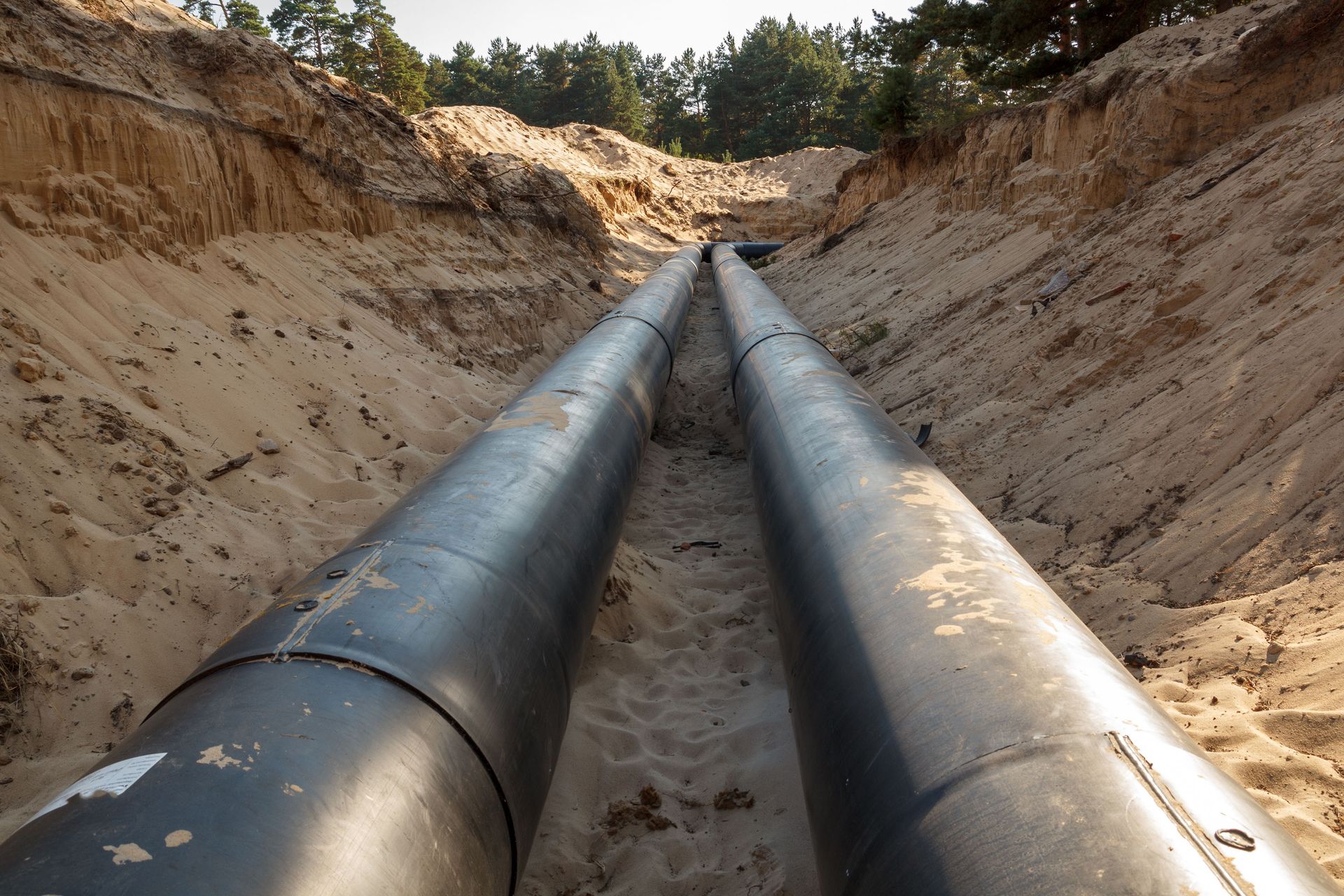What to Know About Oil Pipeline Maintenance
Oil pipelines keep economies going by transporting oil and petroleum products across vast distances. They also protect nature by reducing emissions that would have otherwise made their way to the environment if these products are transported by trucks. However, like any infrastructure, pipelines require regular maintenance to ensure they're safe and reliable. But how are pipelines maintained? From regular monitoring to plant maintenance, this article will explore why this maintenance is important and how it is done.
Why Is Oil Pipeline Maintenance Important?
Oil pipeline maintenance is crucial due to:
- Safety: Regular maintenance helps identify and address potential safety risks such as leaks, corrosion, or mechanical failures before they escalate into serious incidents.
- Reliability and efficiency: Regular oil maintenance helps in identifying and addressing issues that could disrupt oil flow. By proactively addressing potential problems, maintenance activities minimize downtime, maximize productivity, and ensure a consistent supply of oil to meet demand.
- Environmental protection: By promptly detecting and addressing leaks or spills, maintenance activities minimize potential environmental pollution. Regular maintenance also helps in mitigating encroachments, erosion, or vegetation growth that could impact ecosystems.
- Regulatory compliance: Oil pipelines are subject to stringent regulations and safety standards imposed by government authorities and industry organizations, and maintenance activities help ensure proper compliance with these regulations.
How Are Oil Pipelines Maintained?
Here are the key practices and processes involved in oil plant maintenance:
Pipeline Monitoring
According to the Pipeline Association for Public Awareness, constant monitoring of pipeline pressure and volume is vital. 24-hour, round-the-clock surveillance ensures the early detection of any abnormalities or potential leaks. Advanced monitoring systems equipped with sensors and alarms usually provide real-time data, allowing operators to promptly respond to any issues that arise.
Preventive Maintenance
Preventive maintenance promotes the longevity and reliability of oil pipelines. While it varies from one company to another, it typically involves:
- Scheduled inspections
- Routine cleaning
- Proactive repairs
Preventive maintenance of oil pipelines enables plant maintenance operators to identify and address potential problems before they escalate. Skilled maintenance crews conduct regular assessments of the pipeline's integrity, inspecting valves, pumps, and other components to identify signs of wear, corrosion, or leakage.
Pipeline Integrity Management
Pipeline integrity management is a comprehensive approach that combines preventive maintenance, risk assessment, and regulatory compliance. It typically involves the use of advanced inspection technologies such as smart pigs and inline inspection tools to assess the condition of an oil pipeline's internal walls. By identifying corrosion, cracks, or other defects, pipeline integrity management practices allow operators to prioritize repairs and replacements, enhancing the overall safety and efficiency of the pipeline.
Environmental Considerations
Maintaining the environmental integrity of areas surrounding oil pipelines is an equally important step in maintenance. Regular inspections of the pipeline's right-of-way are often conducted to identify erosion, encroachments, or vegetation growth that may pose risks. Comprehensive emergency plans are also often set up to ensure swift and effective responses in case of incidents.
Oil pipeline maintenance is a multifaceted process that involves steps like continuous monitoring, preventive maintenance, and adherence to strict environmental regulations. By diligently monitoring pressure and volume, and employing advanced technologies, operators uphold safe and reliable transportation of oil and petroleum products. Get in touch with Gunsmoke Energy Services LLC for any
plant maintenance services.















